After a car accident, the rule is that the driver who caused the crash is the one who pays for the other driver’s injuries. When the other driver has an insurance policy, their insurance company defends them and pays the damages up to the policy amount. The driver has purchased a certain amount of coverage, knowing they can be personally liable if their insurance does not cover it.
Every driver must purchase auto insurance coverage and carry proof of this insurance in their vehicle to present it to the other driver after a car accident. The other driver will then get the insurance details to file a claim for injuries and damages. First, you will need to go through the legal process, a San Marcos car accident lawyer will negotiate compensation with the insurance company before you can settle the case.
Some Motorists Will Drive Without Insurance
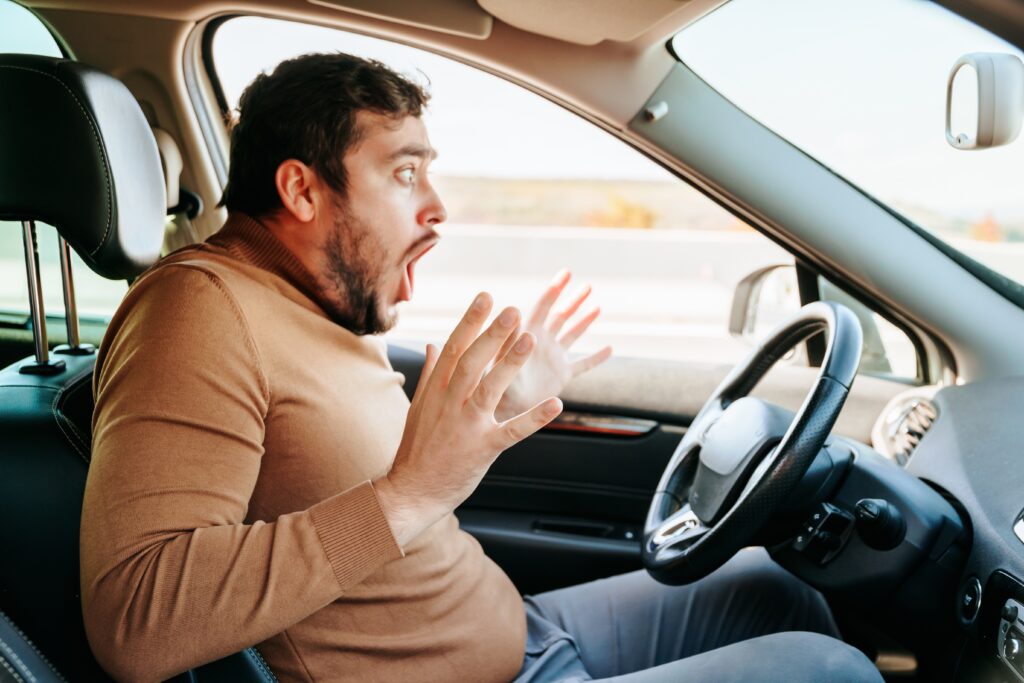
Unfortunately, not every driver follows the law, and some do not purchase car insurance. Others allow their insurance to lapse, whether accidentally or knowingly. In each state, roughly 10 to 20 percent of drivers will be uninsured despite the potential penalties they may face if caught. While any criminal punishment is between the driver and the state, things become your problem if you have suffered an injury in an accident with that driver.
Whether the other driver owes you money is independent of whether they have car insurance. The principles of negligence and personal injury law apply no matter what. However, your potential claim becomes more challenging without an insurance company to pay your damages.
You Have Legal Options When You Have Suffered Damages From an Uninsured Driver
Still, you have legal options that can lead to some financial compensation for you, including:
- Suing a driver and obtaining a judgment that allows you to collect money directly from them
- Filing a claim against your uninsured motorist coverage, where your insurance company will pay for your damages
Your attorney will review your case and advise you of your legal options. Never make any assumptions about what you can or cannot get when you have been in an accident with an uninsured motorist. Always talk to a lawyer to learn what you can do because all is not lost.
The Driver Who Injured You May Not Have Enough Money
There is often a reason why the other driver chooses to break state law rather than driving with any proof of car insurance. Some may have let an insurance policy lapse without renewing it, while others may have missed a payment. Either way, they may still have some assets or money to pay for your injuries. However, given that car accident damages can run into tens of thousands of dollars, the driver may not have anywhere near enough to pay for your damages.
In most cases, the driver does not have any insurance because they do not have the money or do not want to spend it on what a policy costs. Car insurance costs are rising because of inflation and the insurance companies’ desire to make large profits. It is a cost that some drivers may not have in their budget, even though it is the law. Alternatively, the driver may think they can break the law without getting caught, but all that changes in a car accident.
You Can Still Obtain a Judgment Against the Driver
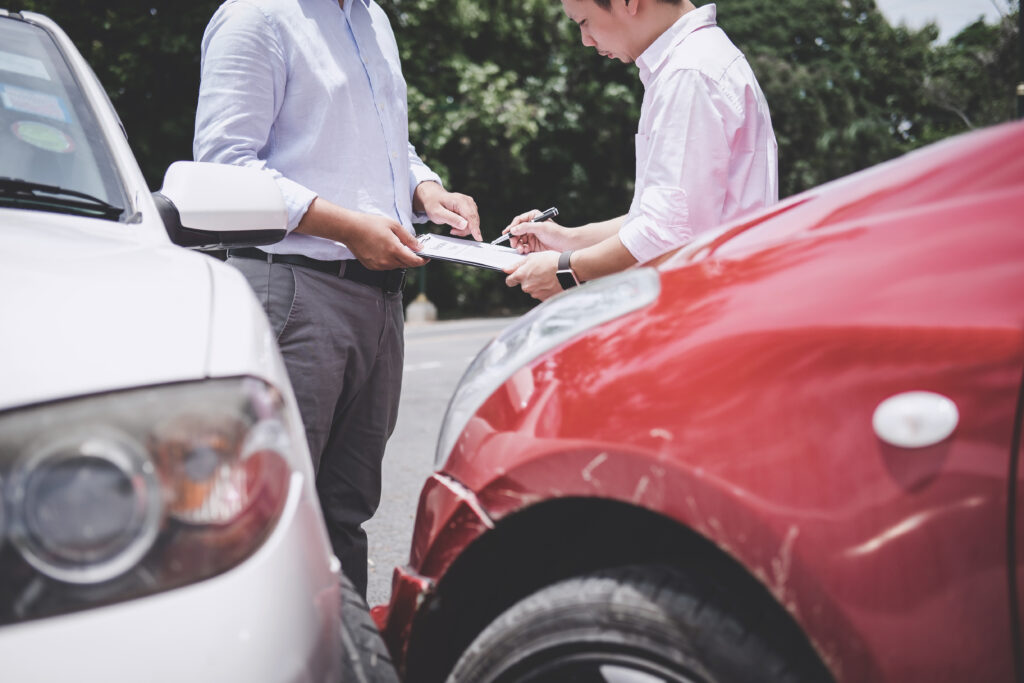
If you sue the responsible driver and win your case, you can obtain a judgment against them. At that point, you will become the driver’s creditor and can file the judgment with the court. You can seize some of their assets (those the law does not protect from creditors) and even garnish their income. However, the amount of money you can get might pale in comparison to the damages you have suffered. In addition, there are limits to the amount of money you can garnish from each paycheck, so getting any significant financial recovery will take considerable time.
The Driver Can Declare Bankruptcy to Escape the Verdict
Then, you are always running the risk that the driver who owes you money will turn around and declare bankruptcy to get out of paying the debt. If they have limited means, they can file for Chapter 7 bankruptcy. As a creditor, you may receive payment for some of the judgment from the seized property from the debtor, but you must wait in line with other debtors before getting your share since you are an unsecured creditor. While you can theoretically get something from the other driver, you will likely get pennies on the dollar. You may go through the entire legal process, only to learn that you may end up with nothing. If you know there are assets, pursuing the money in any way you can makes sense.
Your Attorney Can Run an Asset Search on the Driver
Everything depends on the specific circumstances of your case. Before you choose any action, your attorney will investigate the other driver and run an asset check on them. This driver may have no way to pay for your damages, but you only know once you do more research. If your lawyer suspects the driver may have money, they can work with forensic accountants to locate it. The driver may try hiding their assets, knowing you can sue them.
Hit-and-Run Drivers Are Technically Uninsured Drivers
Involvement in a hit-and-run accident is practically the same as a collision with an uninsured motorist. There is no insurance policy against which you can file a claim in both situations. In a hit-and-run accident, your lawyer will try to locate the other driver so you can file a claim against their car insurance policy. If you discover the driver does not have insurance, consider filing a lawsuit against them directly. Your lawyer can perform an investigation and try to track down the responsible driver, so you will at least have some legal options.
You Can File a Claim Against Your Uninsured Motorist Coverage
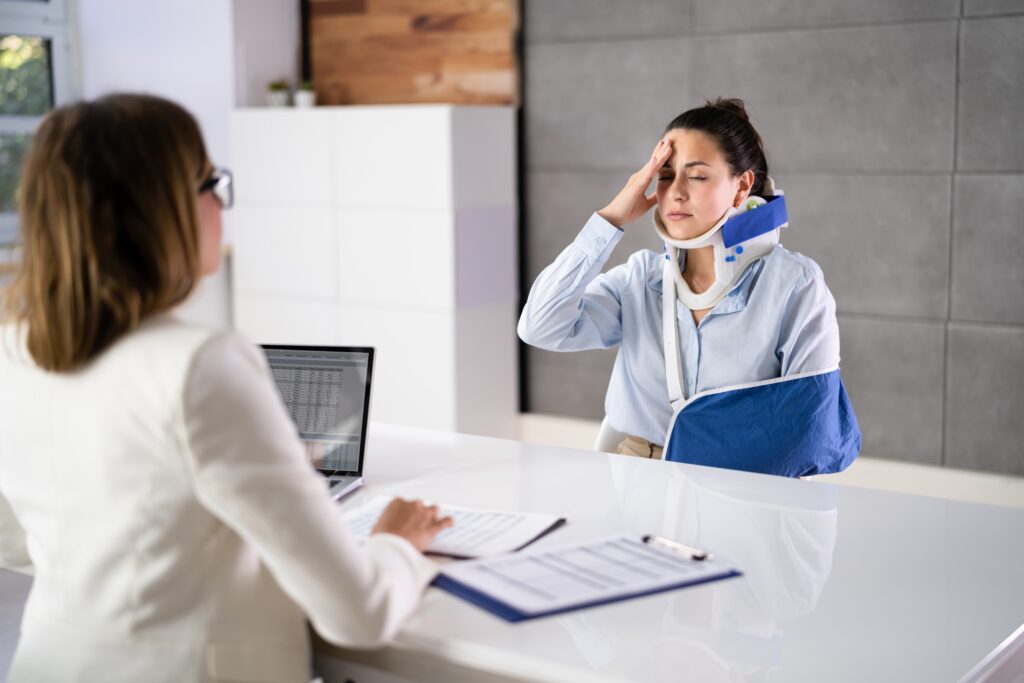
Usually, you will not even have to worry about suing an uninsured driver because you will most often file a claim against your car insurance policy to pay for your damages. Depending on your state, your car insurance company will be obligated to offer you uninsured motorist coverage. In some states, you must have the option to buy this coverage; in others, uninsured motorist coverage is part of your insurance policy. Either way, there is somewhere else that you can go to seek compensation without having to pursue a driver who likely does not have the money to pay you.
Hopefully, you have purchased a significant amount of uninsured motorist coverage because you never know the choices other drivers on the road may make. You can only control yourself and your actions, so it is better to act out of an abundance of caution when purchasing insurance. A relatively small amount of money can help save you from a massive financial loss caused by someone else’s disrespect for the law.
You May Need to Fight Your Insurance Company
Your insurance company should cover your damages up to the amount of the policy limit for your uninsured motorist coverage. Yet, you do not automatically get money just because you were involved in a crash with a driver who did not have insurance. It is also not necessarily easier to get payment from your insurance provider just because you pay the premiums.
First, as in any car accident, you must prove that the other driver was to blame. For your uninsured motorist coverage to kick in, you still have to prove liability and that the liable driver does not have the necessary insurance coverage. This requires the same type of evidence you must present in a claim with an at-fault driver’s insurance company.
Proving the liability of an uninsured motorist can be a challenging task, but it’s not impossible. In order to establish fault, you’ll need to gather evidence that supports your claim. This evidence can include eyewitness testimonies, photographs of the accident scene, and any available video footage. These pieces of evidence can help demonstrate the actions of the uninsured driver and prove that they were at fault.
Additionally, your attorney will gather any evidence that proves the uninsured motorist does not have insurance. This can include obtaining police reports, conducting a search of insurance databases, and collecting any documentation that shows the driver’s lack of coverage. This evidence will help support your claim and make it clear that the uninsured driver is responsible for the damages incurred.
Proving liability in uninsured motorist claims requires thorough investigation and a solid understanding of the legal requirements. Put this in the hands of a car accident lawyer.
Your Damages in an Uninsured Motorist Car Accident Case
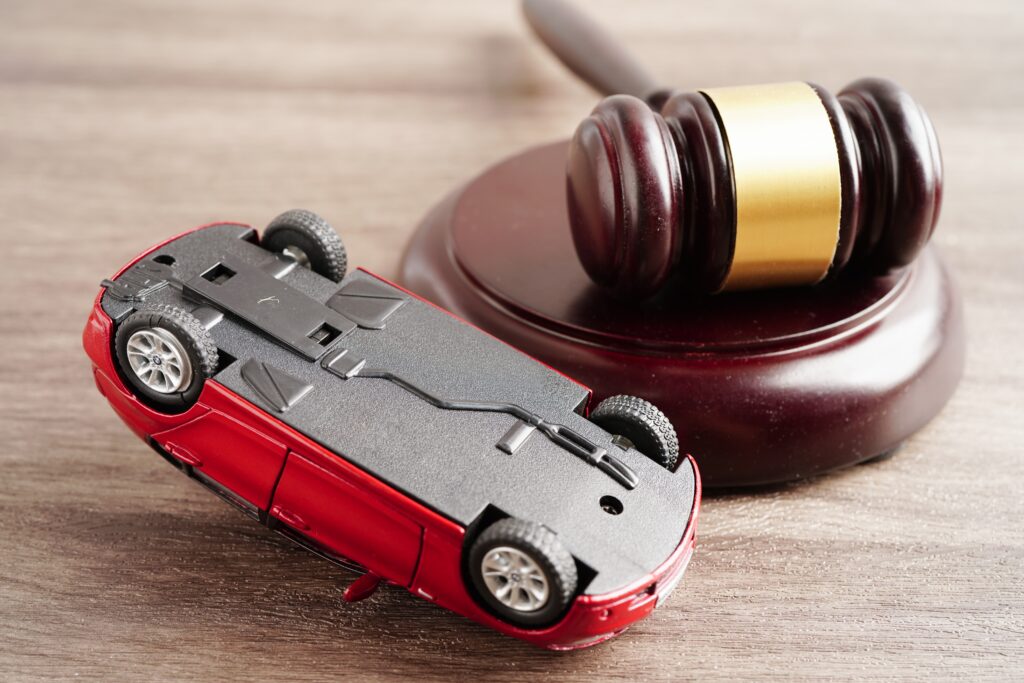
Once you prove liability of the uninsured driver, you must prove your damages, just like you would prove in a third-party claim. Never assume that the insurance companies are friendly and willing to write you a check to pay for the full extent of your car accident injuries. Just because you pay them premiums does not mean they will automatically write a check for what you deserve.
Still, when you file an uninsured motorist claim, your insurer is responsible for the same damages as the other driver’s insurance company. They should pay for both economic and non-economic costs associated with your injury, including:
- Medical bills
- Lost income
- Property damage
- Pain and suffering
- Emotional distress
- Loss of enjoyment of life
- Scarring and disfigurement
- Embarrassment and humiliation
- Loss of consortium
Strong evidence is important to prove the damages you have suffered. This evidence will help you establish the extent of your injuries, the impact on your finances, and the overall pain and suffering you have endured.
One of the most important pieces of evidence is your medical bills. These documents will demonstrate the cost of your medical treatment, including doctor visits, hospital stays, surgeries, and medication. Keep track of all medical expenses related to your accident to ensure you receive the compensation you deserve.
In addition to medical bills, income statements can be evidence in an uninsured motorist claim. These records can demonstrate the effect of your injuries on your ability to work and earn a living. They can include pay stubs, tax returns, and statements from your employer verifying the time you missed due to the accident. By providing evidence of your lost income, you can seek compensation for what you did not earn while recovering.
Maintaining a pain journal can also strengthen your claim. In this journal, document the physical and emotional pain you experience on a daily basis as a result of the accident. Be specific about the symptoms you are experiencing, the limitations they impose on your daily activities, and the impact on your overall quality of life. This detailed account can provide powerful evidence and show the true extent of the pain and suffering you have endured.
Expert opinions can play a significant role in validating your claim. These opinions can come from medical professionals who can provide a detailed analysis of your injuries and the long-term effects they may have on your health. Additionally, economic experts can calculate the financial impact of your injuries and provide a professional assessment of the damages you have suffered. These expert opinions can provide a strong foundation for your case and increase the likelihood of a successful outcome.
Your car accident lawyer will present strong evidence of your damages to your insurer.
Insurance companies will look for tricks to avoid paying you fully. They may even blame you partly for the accident, seeking to reduce your compensation or deny your claim entirely so you get nothing. Your lawyer will defend you from any allegations the insurance companies levy against you.

Consult a Car Accident Lawyer Immediately
All car accident claims can be challenging, but uninsured motorist claims can have unique complications. Too many people assume their own insurers will cooperate, and they end up with much less than they need for their losses.
Do not make this mistake. Always consult a car accident attorney regarding your uninsured motorist claim and potential lawsuit.
